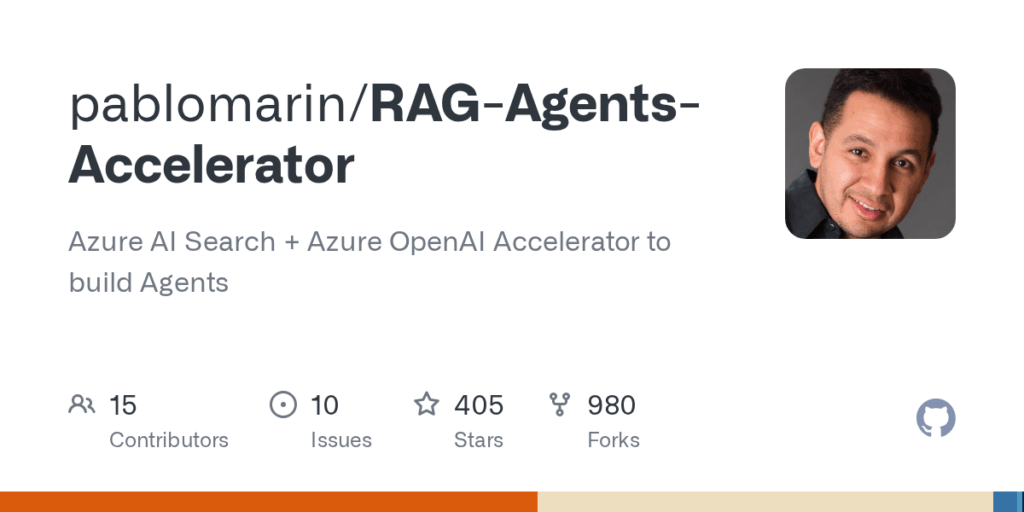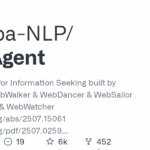RAG Agents Accelerator
Basic Information
This repository is an enterprise-focused accelerator and hands-on workshop for building a Retrieval-Augmented Generation (RAG) multi-agent Proof of Concept (3-5 day POC) using Azure services. It provides code, notebooks, deployment scripts and workshop assets to guide teams through designing and implementing a multi-agent architecture that can query diverse data sources, retrieve evidence, and generate contextual answers. The materials target Microsoft delivery teams and customer engineering teams and include backend and frontend components, sample datasets, prerequisites and step-by-step instructions to deploy Azure infrastructure, configure credentials, run notebooks and connect agents to multiple channels for demonstration and evaluation.








